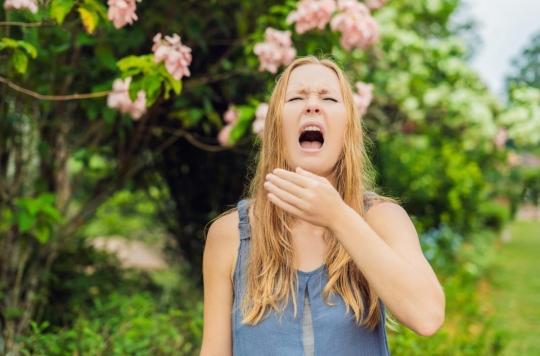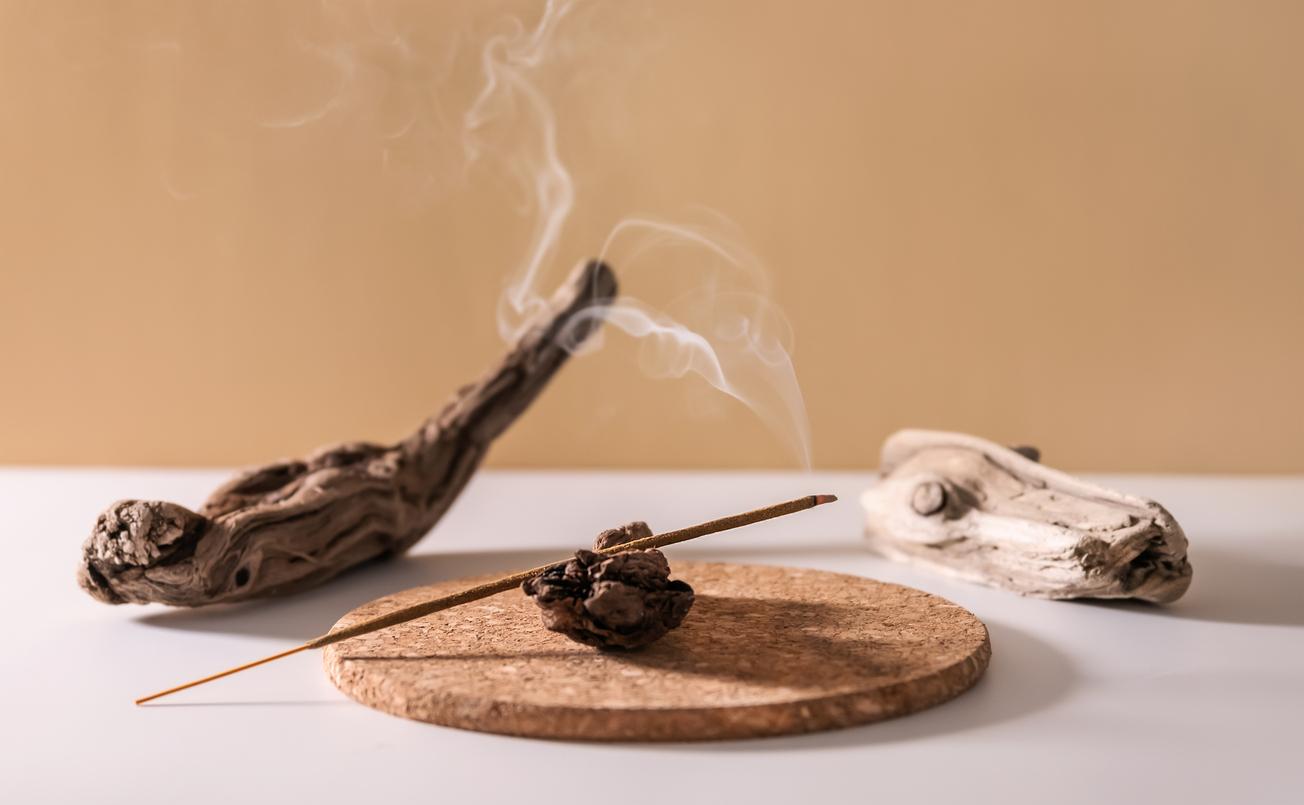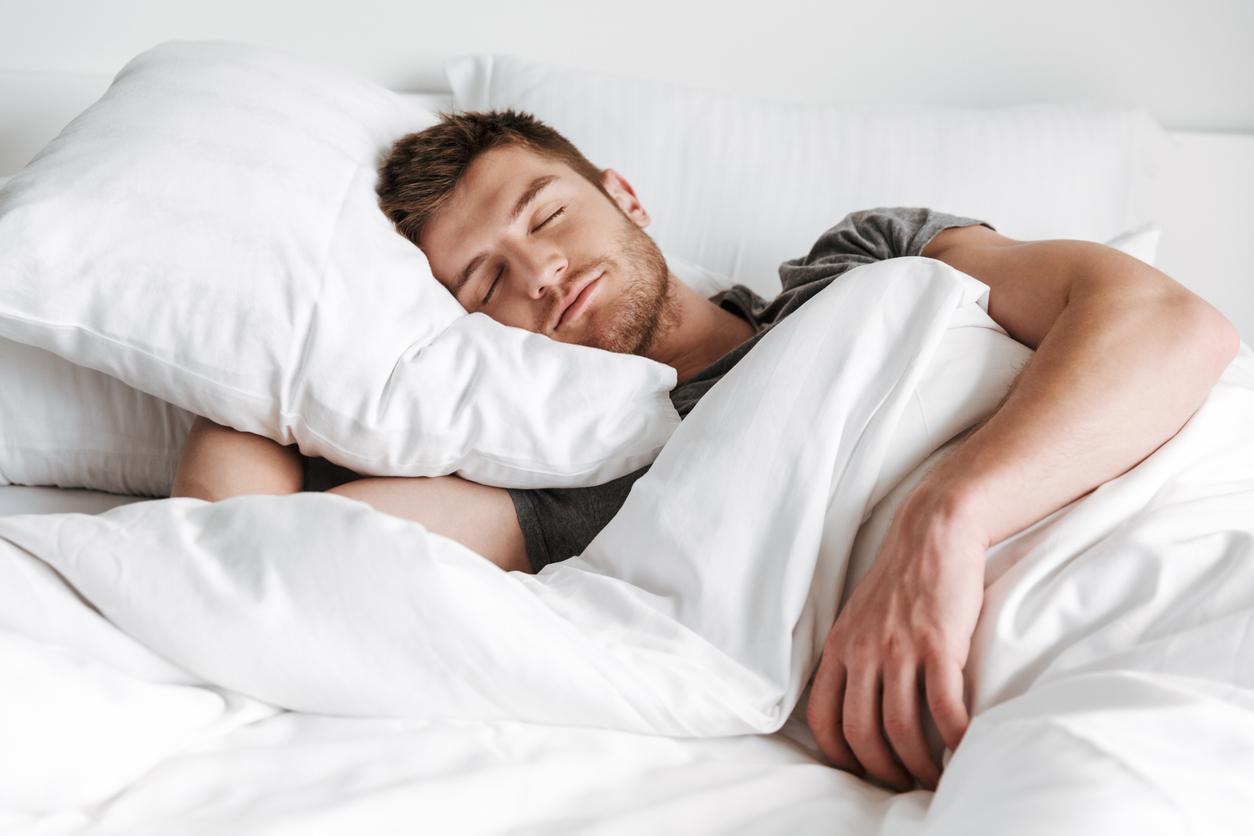People with allergies often have degraded sleep. To remedy this, the ideal is to treat the problem at the source, otherwise certain medications and certain habits can improve the quality of the nights.

- Allergic rhinitis, or hay fever, is caused by pollen circulating in the air.
- According to Inserm, 25% of the population is affected. Its frequency has been multiplied by 4 in the last 30 years.
- The first symptoms appear in the spring, and can last until mid-October.
The arrival of spring is generally a joyful time, except for allergy sufferers! Nature wakes up and their symptoms with: runny nose, itchy eyes or even sneezing that follows one another. But allergies also have an impact on sleep: according to a survey by theAsthma and Allergy Foundation of America (AAFA), 59% of allergy sufferers suffer from disturbed sleep because of their symptoms, and this has an impact on the quality of their partner’s nights too.
Why do allergies interfere with sleep?
At Huffington Post, Dr. Mark Holbreich, member of the American Academy of Allergy, Asthma and Immunology, explains that allergies cause the nasal passages to swell, which prevents air from flowing properly through our airways. This phenomenon is aggravated by the lying position that we have during the night. For those affected, this can turn into a vicious circle, as allergies tire the body. The sleep of allergic people can also be degraded because of sleep apnea: because the probability of being affected by a sleep apnea syndrome increases by 44% in the event of allergic rhinitis, according to a study by Breath Care.
How to sleep better?
To improve the quality of your nights, you must create the conditions conducive to quality sleep. According to’Sleep Vigilance Institute, the room temperature should be between 18 and 20°C, existing foods, such as coffee and tea, should be avoided after 2 p.m., and screens at least one hour before bedtime. At the same time, it is advisable to wash your hair before sleeping, to reduce the risk of bringing pollen back to your bed, linen, especially at night, should rather dry indoors, for the same reasons. It is also recommended to sleep with the windows closed, and to open them in the morning.
Fight against nasal congestion
For people with disturbed sleep because of their stuffy nose, you should try to decongest the nasal passages before nightfall. Saline solutions can help, or a doctor can prescribe a steroid nasal spray, which helps restore breathing capacity. On the other hand, medicines against colds are to be avoided. “They are effective for three to five days, but if you use them for a longer duration, you may experience congestion from this overuse“, says Dr. Mark Holbreich at Huffington Post. Over-the-counter decongestants provide immediate relief, but they are not suitable for use throughout allergy season“The long-term solution is desensitization, but that takes time.”It is a kind of vaccine treatment for allergies, based on the regular administration of allergenic extracts for a prolonged period, ideally 3 to 5 years.precise Inserm.

.

















